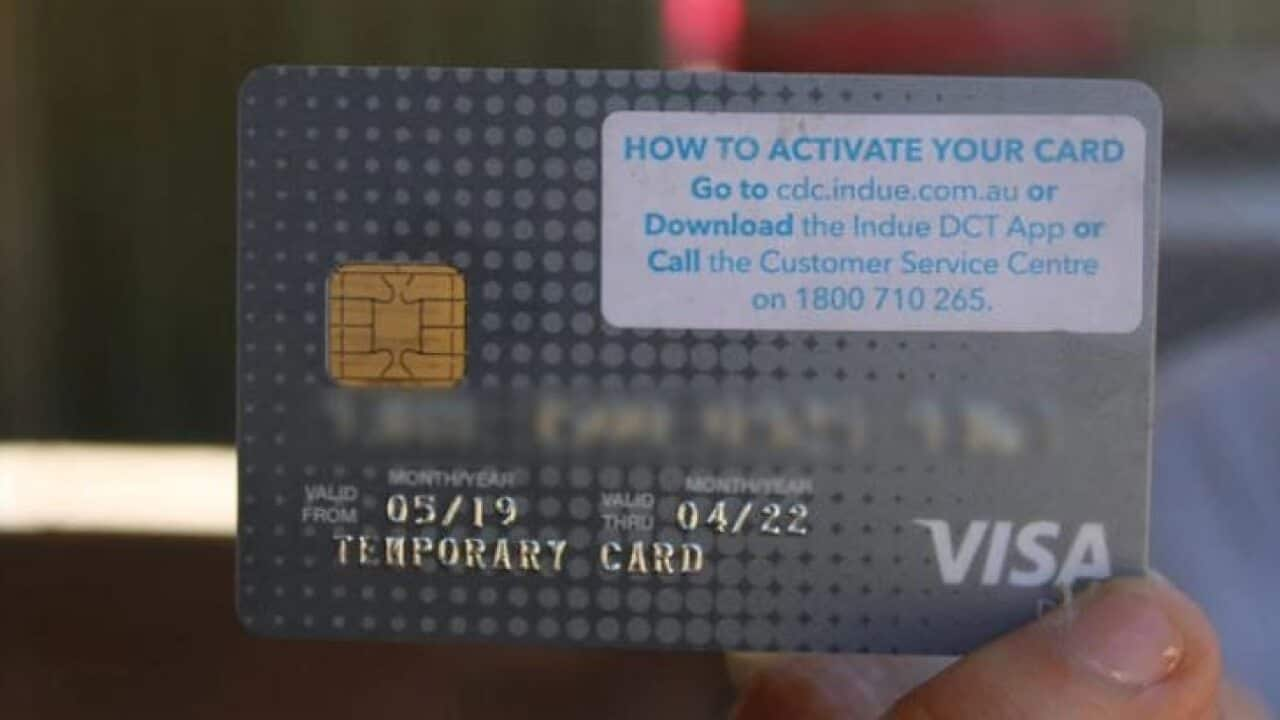The end of the Howard-era 'Intervention', which saw unprecedented government control over First Nations communities in the Northern Territory, has been welcomed by advocates.
Human rights law centre director and Arrernte man Nick Espie described it as “a shameful chapter" in the treatment of First Nations people in the Territory, which began in 2007.
“This is a time for reflection, on an era of systemic failures, the disempowerment of Aboriginal people in the Northern Territory and the silencing of our voices," he said.
"During these fifteen years, we have seen the demonising of Aboriginal people and culture and the erosion of self-determination.”
While most Intervention laws ended on Sunday, Commonwealth legislation enabling compulsory income management continues.
“The Albanese government has promised to abolish the Cashless Debit Card Scheme and all forms of compulsory income management, which still live on in other legislation.
“These are some of the last paternalistic hangovers from the Intervention and should have been scrapped years ago. The prime minister must keep this promise,” Mr Espie said.

Nick Espie welcomed the end of the Intervention. Source: Supplied
Alcohol bans a thing of the past
The infamous blue signs that went up in front of most communities heralding the blanket alcohol bans became a symbol of the intervention.
On Sunday, those bans ended in remote communities and town camps.
The Northern Territory government amended its liquor laws prior to the bans ending, introducing a new 'opt-in' system, allowing individual communities to choose whether they want alcohol restrictions. So far, seven communities have chosen to remain dry.
The Northern Territory government said any person or entity that wishes to sell alcohol in a remote community must apply to the Northern Territory Liquor Commission for a licence.
“We've been working across the Northern Territory with remote communities around making sure that they have the information at hand to make a decision on whether they'll opt in to remain dry or whether, when those restrictions fall away, they will be able to have alcohol brought into those communities," said the Territory's Attorney General Chansey Paech
But Aboriginal organisations have repeatedly said the government approach “will not work and will lead to a significant increase in alcohol-related harm and crime.”
NT Aboriginal health and justice organisations have been calling for an “opt out” system where blanket alcohol bans continue and communities apply to have them lifted.
They also demanded alcohol bans be extended for two years, to allow for more consultation “to engage with women, children, the elderly and others who are vulnerable.”
What was the Northern Territory Intervention?
Marrianne Skeen was living in Palmerston, south of Darwin, when former prime minister John Howard sent police and army personnel into remote Indigenous communities in 2007.
At the time the government said it was responding to violence and the alleged sexual assault of children.
The alcohol ban introduced was continued by the Gillard government in 2012 with the Stronger Futures Act.
“Everyone was painted with the same brush, they called all our men paedophiles, which wasn’t true,” Ms Skeen said. Author and Indigenous Rights advocate Thomas Mayor said the blanket policy had been a failure and led to high rates of Black incarceration.
Author and Indigenous Rights advocate Thomas Mayor said the blanket policy had been a failure and led to high rates of Black incarceration.

Top End health worker Marianne Skeen says it was time the government let Indigenous people decide how to live their lives. Source: Supplied
"One of the effects was that people just moved out of community to access alcohol (and were) on the roads putting themselves and others in danger," he said.
"It just created more opportunities for Indigenous people to be incarcerated... and basically was in ignorance to the real causes of alcohol problems in communities."
Marianne Skeen said there are pros and cons to alcohol bans. The health worker sees the detrimental effect of alcohol on her people every day at work.
But she said simply banning alcohol without introducing rehabilitation services did more harm than good.
“You can break the cycle if you try hard enough, but I don’t think there was enough funding to do that, for the services,” she said.
“That’s a good step to let the community decide (on alcohol bans) and if you have a good committee of people in the community, they will be able to monitor people, who is drinking. You can’t keep treating us like kids.”












